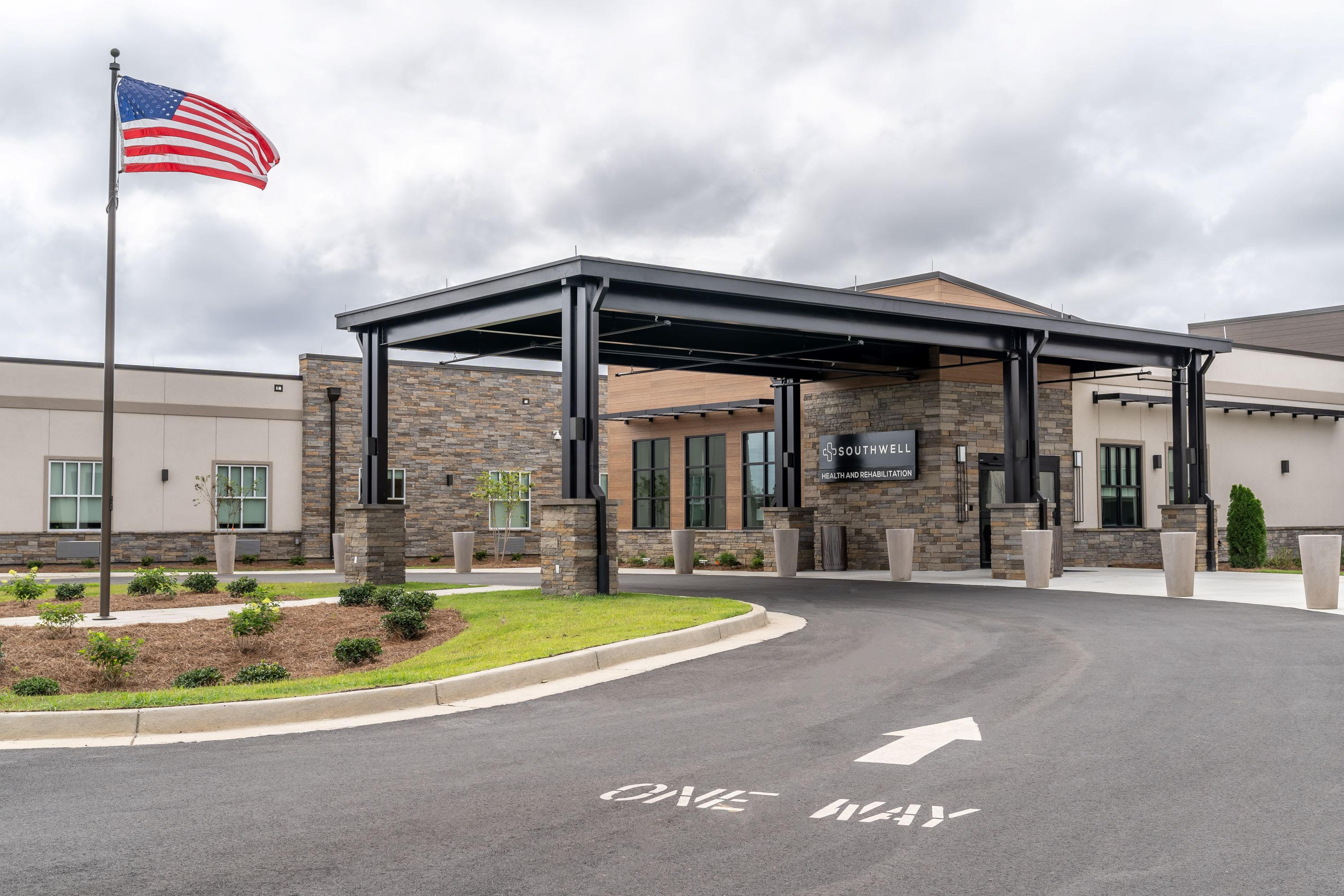The Early 1900s — Part 5
Published 10:09 am Monday, February 20, 2017

- Suwannee Springs' second hotel.
Today we continue looking at the first years of the Twentieth Century.
Railroads were not the only businesses expanding in Suwannee County in the early 1900s. The Citizens Bank of Live Oak opened in the middle of 1907. The building was ideally situated at the corner of Howard Street and Ohio Avenue, and had been built in the 1880s. J. B. Barton was the first president of the bank, and Arnold Mickler was cashier. The building is now Rhett Bullard’s law office.
Trending
The Live Oak Cigar Factory, with N. Smith as proprietor, was also steadily increasing in size and manpower due to demand. Several other businesses were moving into Live Oak and Suwannee County. Despite no longer being one of the largest cities in the state, Live Oak continued to make civic improvements. Cement sidewalks were completed (in many cases replacing wooden ones) and roads were bricked over, replacing the dirt roads.
In 1906, a new post office had been constructed on the corner of Wilbur Street and Ohio Avenue, just south of the Courthouse. Within a decade, it was too small for Live Oak, and the construction of the current post office began in 1915. The old post office was used for office space and much of the first floor was eventually torn out to make a gas station. The second floor was gone by the end of the 1970s, and the remaining part of the building operates today as the El Mezcal, although you wouldn’t recognize the building as such.
By 1913, the main streets of Live Oak were bricked and a sewage system had been introduced, helping to alleviate the problem of dust (caused by wagons, buggies, and animals) and human waste (caused by numerous outhouses). In 1915, the present Post Office was completed, serving two city routes twice a day. At the time, Suwannee County had a population of over 20,000, and it was in this year that a new charter was issued and Live Oak became a city. Despite these advances, Suwannee County reminds a modern citizen of the “Wild West,” with many vices and problems. The surviving County records abound with murders and attempted murders, brawls, bigamy, women running “places of ill-repute,” thefts of hogs and cows, and even gunfights in the streets! In these early years of the 20th Century, it appears that Suwannee County was producing 10% of the United States’ entire supply of the Sea Island Cotton, a fine type of cotton. In 1915, the boil weevil decimated the crop, and it never recovered.
Richard W. Sears, co-founder of Sears and Roebuck, began to purchase cutover land in Suwannee County and the surrounding counties in 1910, beginning with the lands of Thomas Dowling, who was in failing health at the time. Sears purchased the lumber mill and remaining timber lands, and managed them as the Standard Lumber Company. The cutover lands were managed under the Suwannee River Land Belt Company, and the property was originally sold at $0.26 per acre through the Sears Catalog and by railroad agents. By the time the Suwannee River Land Belt Company dissolved in 1965, nearly 10,000 sales had been completed on some 100,000 acres, to people from all over the world.
In the early 1900s, Branford had several mills and cotton gins, a cold storage plant, a bank, a newspaper, a Board of Trade (which functioned much like today’s Chamber of Commerce), and was a center for farming and livestock.
The community of Dowling Park, first called “Hudson on the Suwannee,” was renamed in honor of the Dowling Family’s prominence there during the first years of the Twentieth Century. By 1910, Dowling Park boasted of several stores, a hotel, a railroad depot, the lumber company’s administrative building, 73 tenant houses for sawmill workers, and several large homes along the river for prominent members of the area. Directly across the Suwannee River, the Park Hotel sported two swimming pools, a bowling alley, and landscaped grounds, and was frequented by visitors near and far who helped to make Dowling Park a thriving community in the early years of the Twentieth Century.
Trending
Dowling Park and Suwannee Springs were the two major resorts of Suwannee County at the turn of the century. Part of the Park Hotel was actually located on the Lafayette County side of the river, across from where the Advent Christian Village is today. It had many amenities.
During this period, Suwannee County sites such as Suwannee Springs attracted thousands of visitors who came to the popular resort, spacious hotel, and trolley line that ran down to the bathing area by the River from nearby Suwannee Station.
As scientific evidence began to show that sulfur did not hold miraculous healing powers, the visitors became fewer and fewer. The post office closed on May 31, 1908, and a fire destroyed the luxurious hotel that stood near the bank a few years later. Repeated attempts to rebuild hotels and cabins have met with little commercial success, and for the most part, the site has become a recreational area for local residents.
Next week we continue our look at the early 1900s.
Eric Musgrove can be reached at ericm@suwgov.org or 386.362.0564.





